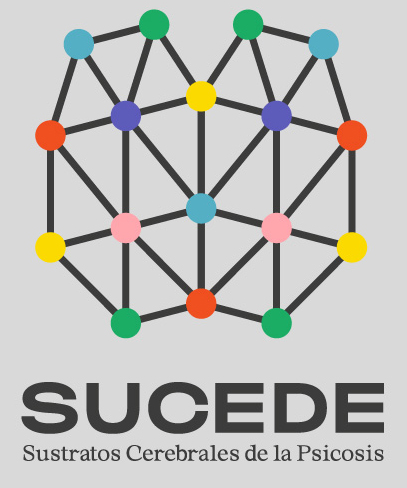Our colleague, Dr. Antonio Arjona, tells us his latest results on the alteration of Corolary Discharge in patients with schizophrenia:
The term Corollary Discharge (CD) is used in the field of neuroscience to refer to copies of motor commands that allow our brain to predict the sensations generated by the execution of our own actions. Thanks to this copy, whenever there is congruence between the expected sensations and those actually perceived, an attenuation of the perception of the execution of our own actions is produced. This mechanism has been identified in different organisms (primates, crustacean insects, etc.), as well as in multiple sensory domains (visual, auditory, etc.), allowing us to distinguish between our own and external actions.
The occurrence of errors in predictive mechanisms associated with CD activity can lead to some of the characteristic symptoms of psychosis, due to an aberrant sense of agency. In this line, we are currently conducting a study to try to associate the lack of activity of the mechanism that generates CD in patients diagnosed with psychosis with a greater activation of the N1 component (recorded through electroencephalography – EEG) when speaking and listening to themselves. The N1 component would reflect the neuronal activity generated by the perception of an external stimulus (the voice in this case). This is a study based on the comparison of listening to our own voice while speaking (talk condition), the subsequent listening to our own voice through a recording (listen-self condition) and, in a third block, the listening to another person’s voice (listen-other condition). What is observed in the initial results is a smaller amplitude difference of the N1 component between the talk and listen-self conditions in patients compared to healthy controls. This result would indicate that patients suffering from psychosis do not deactivate (thanks to CD) the processing of their own voice while speaking, so that they process similarly to listening to their own voice while speaking than later on a recording.



